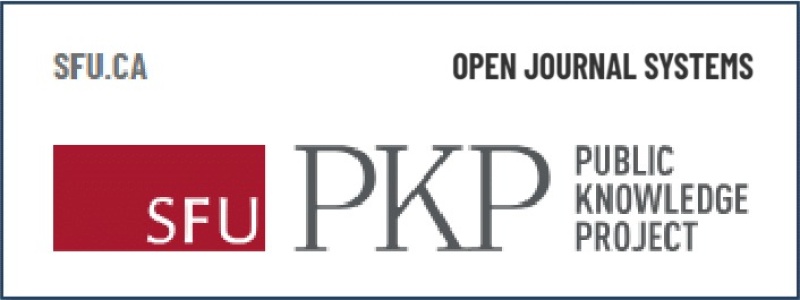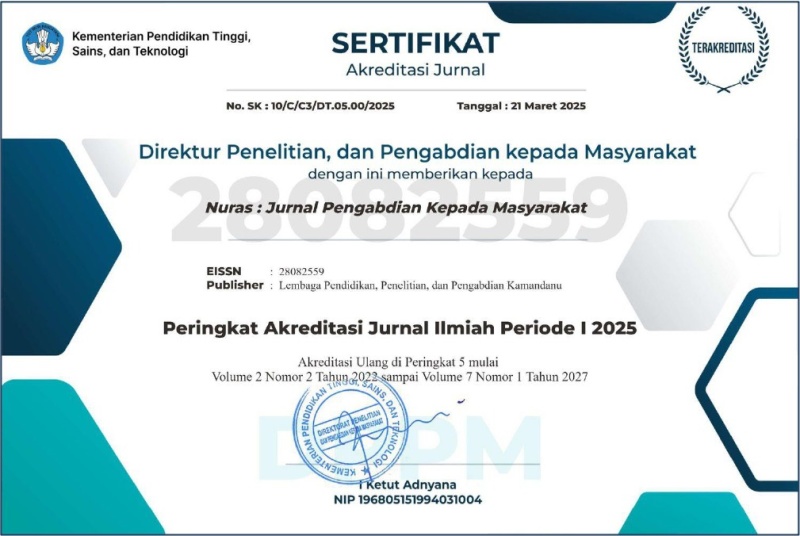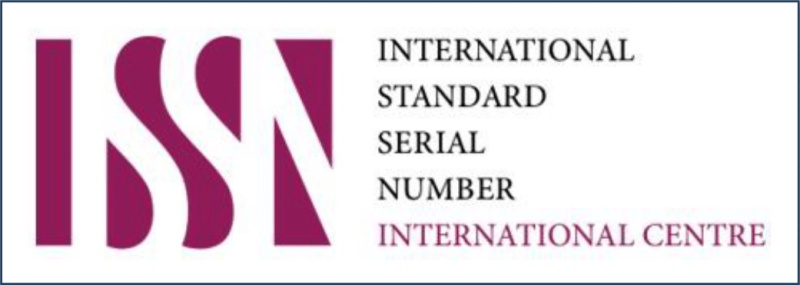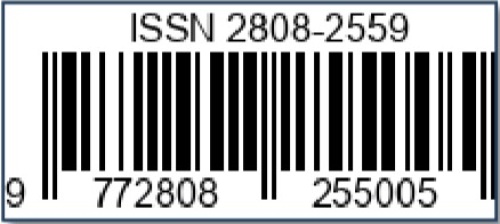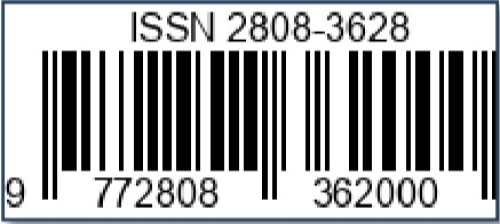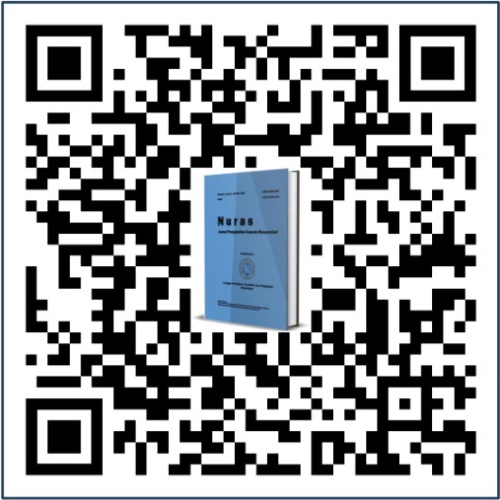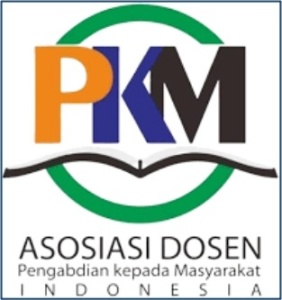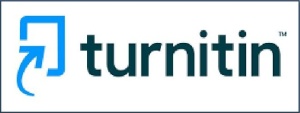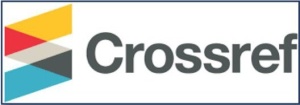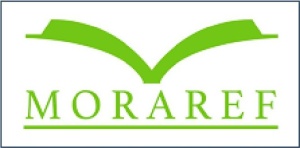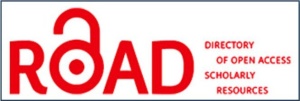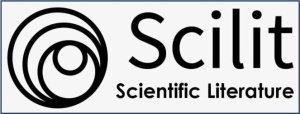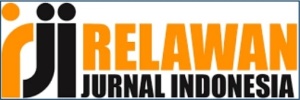Pengolahan Sampah Organik dengan Menggunakan Compost Bag di Lingkungan Universitas Pendidikan Mandalika
DOI:
https://doi.org/10.36312/nuras.v3i2.161Keywords:
Organic Waste, Fermentation, EM4, Compost.Abstract
The purpose of this community service activity is to introduce and train Indonesian New Generation students (recipients of a scholarship from Bank Indonesia) at Mandalika University of Education, Mataram, West Nusa Tenggara Province in processing organic waste into compost through fermentation with the help of effective microorganism (EM4) as a bioactivator. The stages of this service activity are: 1) introduction; 2) practice activities for the initial process of fermentation; and 3) follow-up activities (observation for 2 months). The 1 day activity is used to process organic waste in the form of dry and wet leaves, then chopped into smaller pieces so that it decomposes more quickly, then fermented using EM4 as a bioactivator (observations after 2 months). Compost fermentation takes at least 2 months to get better results, taking into account the factors that affect composting, including: C/N (Carbon/Nitrogen) ratio, aeration, porosity, humidity, temperature, acidity level (pH), nutrient content, hazardous material content, and composting time. Based on the results of the activity evaluation, it can be concluded that the objectives of this community service activity have been achieved as expected. This achievement can be seen from the ability of students to process organic waste into compost which is ready to be used as fertilizer for plants.
Downloads
References
Aulia, F. B., Pungkasto, C., Fitriani, Y., Indrawati., Asih, E. W., Mukholifah, U., Prasetyo, R. B., Saputri, D. A., Cahyo, S. N., & Fidada, Y. A. (2023). Pemberdayaan Masyarakat Melalui Pemanfaatan Sampah Organik dan Anorganik di Dusun Kedungpring, Giripeni, Kulon Progo, Yogyakarta. J-Mas : Jurnal Pengabdian Masyarakat, 1(5), 599-608. https://doi.org/10.59004/jmas.v1i5.244
Budhiawan, A., Susanti, A., & Hazizah, S. (2022). Analisis Dampak Pencemaran Lingkungan terhadap Faktor Sosial dan Ekonomi pada Wilayah Pesisir di Desa Bagan Kuala Kecamatan Tanjung Beringin Kabupaten Serdang Bedagai. Jurnal Pendidikan Tambusai, 6(1), 240-249. https://doi.org/10.31004/jptam.v6i1.2859
Firmansyah, M., & Noor, R. (2016). Perencanaan Pengelolaan Sampah Terpadu Perumahan Kota Citra Graha Provinsi Kalimantan Selatan. Jukung : Jurnal Teknik Lingkungan, 2(2), 73-82. http://dx.doi.org/10.20527/jukung.v2i2.2316
Roidah, I. S. (2013). Manfaat Penggunaan Pupuk Organik untuk Kesuburan Tanah. Jurnal Universitas Tulungagung BONOROWO, 1(1), 30-42. https://doi.org/10.36563/bonorowo.v1i1.5
Saraswati, R., & Praptana, R. H. (2017). Percepatan Proses Pengomposan Aerobik Menggunakan Biodekomposer. Jurnal Perspektif, 16(1), 44-56. https://doi.org/10.21082/psp.v16n1.2017
Sarja. (2020). Sampah Melimpah sebagai Sumber Kekuatan Ekonomi Para Pemulung. Jurnal Madaniyah, 10(1), 1-14.
Sulistyaningsih, C. R. (2019). Pengolahan Limbah Jerami Padi dengan Limbah Jamu Menjadi Pupuk Organik Plus. Jurnal Surya Masyarakat, 2(1), 58-68. https://doi.org/10.26714/jsm.2.1.2019.58-68
Telew, C., Kereh, V. G., Untu, I. M., & Rembet, B. W. (2013). Pengayaan Nilai Nutritif Sekam Padi Berbasis Bioteknologi “Effective Microorganisms” (EM4) sebagai Bahan Pakan Organik. Jurnal Zootek, 32(5), 158-171.
Thesiwati, A. S. (2018). Peranan Kompos sebagai Bahan Organik yang Ramah Lingkungan. Jurnal Pengabdian kepada Masyarakat Dewantara, 1(1), 27-33.
Wawan. (2017). Buku Ajar: Pengelolaan Bahan Organik. Pekanbaru: Universitas Riau.

Downloads
Published
How to Cite
Issue
Section
License
Copyright (c) 2023 Husnul Jannah, Baiq Muli Harisanti, Iwan Desimal, Sri Nopita Primawati, & Dina Zurriyatun

This work is licensed under a Creative Commons Attribution-ShareAlike 4.0 International License.
-
Attribution — You must give appropriate credit, provide a link to the license, and indicate if changes were made. You may do so in any reasonable manner, but not in any way that suggests the licensor endorses you or your use.
-
ShareAlike — If you remix, transform, or build upon the material, you must distribute your contributions under the same license as the original.

